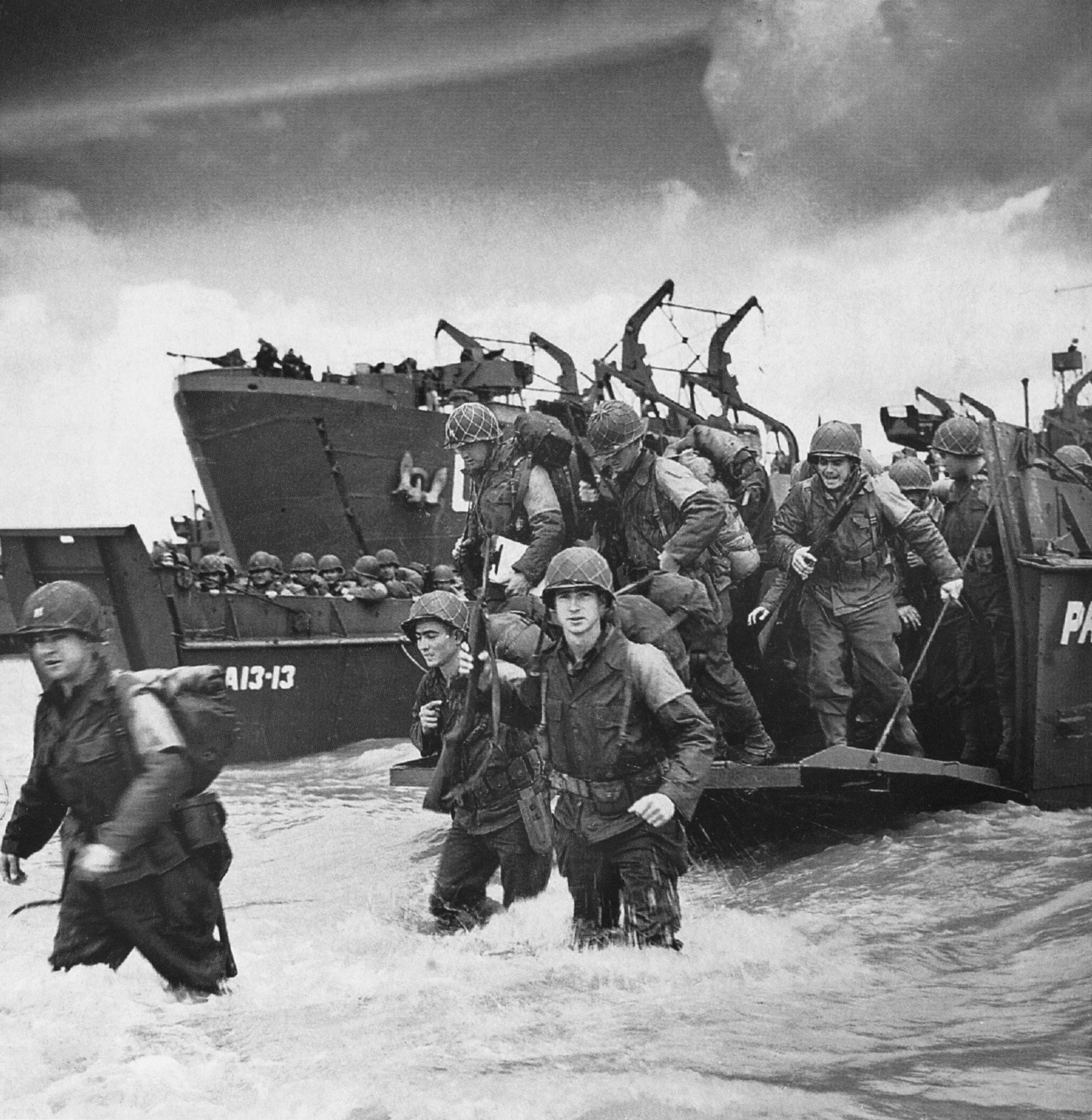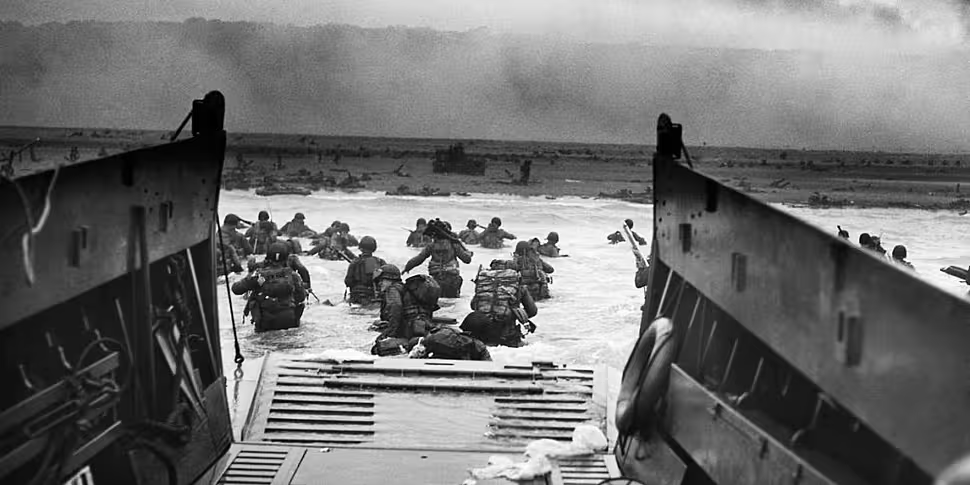The Irish woman who gave the weather forecast ahead of the D-Day Landings was ‘just glad she got it right on the day’, her son has said.
Eighty-years-ago in June 1944, Maureen Flavin Sweeney was working in a remote lighthouse on the Mayo coast, taking weather forecasts.
At the time, her work seemed ordinary - perhaps even mundane - and she was completely unaware it was pivotal to the course of human history.
Far away in London, British Prime Minister Winston Churchill was making the final preparations for the D-Day Landings.
It would see Allied troops land in Normandy, France and attempt to liberate the continent from Nazi tyranny. All Churchill needed before he gave the final go ahead was a weather report.
“The weather was so critical for D-Day,” Ted Sweeney, Maureen’s son, explained to Newstalk Breakfast.
“It was very, very critical for the small landing craft and if weather conditions weren’t right, there would have been massive loss of life if they went ahead on the original date which was the 5th.
“But Mam was working here in Blacksod Lighthouse.. and they gave the forecast on the 3rd of June - which was also her 21st birthday.
“She saw there was a front coming in from the Atlantic - we are on the west coast and we get the first of the weather coming in.”
Today we remember those who never came home from Normandy.
"I wish I could tell him I have never taken his sacrifice for granted and will always remember him and our friends." #DDay80 @PoppyLegion pic.twitter.com/qbKscrHi7u
— Ministry of Defence ?? (@DefenceHQ) June 6, 2024
The forecasts were passed onto Dublin, which in turn sent them to London and the British Ministry of Defence.
“Even though we were neutral, they had a direct line to London and the [British] central forecasting station,” Mr Sweeney said.
“Churchill and Eisenhower at this stage, they were a bit wary of the weather and they couldn’t decide what to do.
“The chief meteorological officer there, he put all the reports together and the Blacksod one was the one that delayed the whole thing.”
Today we pause and come together as a nation to remember the heroes of D-Day, who 80 years ago began the march to victory that would liberate Europe from tyranny.
The debt we owe every veteran of D-Day will never be forgotten. pic.twitter.com/Dre1ydqL8F
— Rishi Sunak (@RishiSunak) June 5, 2024
At the time, Mrs Sweeney had no idea of the significance of what she had done.
For her, it had been simply another day in the office.
“Twice, she got a phone call from London to check and re-check,” Mr Sweeney said.
“She re-checked it and she got my Dad as well to re-check the readings.
“That was unusual but they didn’t realise the significance of it at the time.”
 American soldiers landing on the coast at Utah Beach during the invasion of Normandy, 6 June 1944.
American soldiers landing on the coast at Utah Beach during the invasion of Normandy, 6 June 1944.Growing up, Mr Sweeney said his mother did not talk about D-Day but as time passed, her central role in world history became more widely acknowledged.
“It wasn’t well known,” he said.
“When it became known, she did talk a bit about it and she was just glad that she had given the correct readings and she got it right on the day.”
Met Éireann offers our sincerest condolences to Maureen Sweeney's family at her passing aged 100. We celebrate the legacy of Maureen for her pivotal role in changing the date of the D-Day landings in June 1944.https://t.co/JAZyYPCuP3 pic.twitter.com/Fuv5wVukiI
— Met Éireann (@MetEireann) December 18, 2023
Maureen Sweeney passed away late last year but to mark the 80th anniversary of the D-Day Landings - and her historic role - there will be a commemoration at Blacksod Lighthouse today.
Events are also taking place in Normandy, where some of the last Allied veterans have gathered to remember fallen comrades and reminisce about the extraordinary events of 80 years ago.
You can listen back here:
Main image: D-Day.









